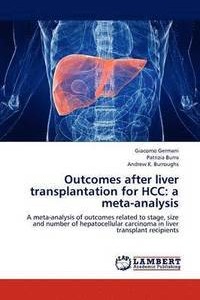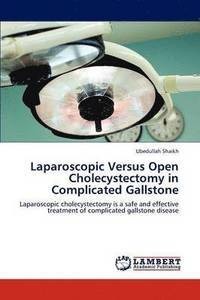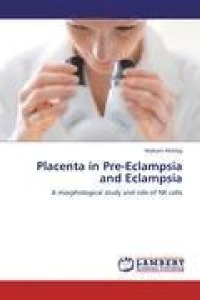
Liknande böcker
Signaling and Adhesive Mechanisms in Acute Pancreatitis : Role of intra-cellular signaling and adhesive mechanisms in taurocholate-induced acute pancreatitis
Bok av Darbaz Awla
Acute pancreatitis (AP) is an inflammatory disease with variable severity ranging from mild interstitial edematous to severe necrotizing disease. The overall mortality rate of AP is 8-9%. Specific treatment of AP is lacking which is partly related to an incomplete understanding of the basic pathophysiology behind the disease. It is widely held that premature intra-cellular trypsinogen activation and leukocyte recruitment play key roles in the pathophysiology of the AP. However, the signaling and adhesive mechanisms remain elusive. The aim of this thesis was to investigate the signaling and adhesive mechanisms in AP. In this thesis, biliary pancreatitis was induced by retrograde infusion of taurocholate into the pancreatic duct in different mice strains to elucidate the role of toll-like receptor 2 (TLR2), TLR4, lymphocyte function antigen-1 (LFA-1), matrix metalloproteinases (MMPs) and Rho-kinase as well as nuclear factor of activated T-cell (NFAT) signaling in AP.







